Interventional Cardiology
Our highly trained interventional cardiologists have the skills and experience to care for rare and complex heart conditions. Our range of minimally invasive procedures means you have more options when it comes to treatment.
BJC HealthCare works with Washington University physicians, BJC Medical Group, and providers across the region to deliver extraordinary care. Barnes-Jewish Hospital was the first in Missouri to perform transcatheter aortic valve replacement (TAVR), a groundbreaking procedure for heart valve disease. We’re known as a leader in the Midwest for minimally invasive heart treatments.
When you choose our care team you’ll find:
Pioneers in interventional cardiology: We were the first in Missouri to perform transcatheter aortic valve replacement (TAVR), a groundbreaking procedure for heart valve disease. Our cardiologists are consistently at the forefront of the latest interventions for heart disease.
High volumes, more experience: We have one of the highest-volume cardiac catheterization labs in the region. We’re qualified to diagnose and care for complex forms of heart disease, even if previous therapies have failed.
Focus on structural heart disease: Our interventional cardiologists specialize in heart valve disease, adult congenital heart disease and other conditions affecting your heart’s structure. We offer minimally invasive alternatives to traditional open-heart surgery.
Team approach: Interventional cardiologists coordinate your treatment with experts in cardiology, interventional radiology, heart surgery, electrophysiology and other specialty areas, as needed. You receive all the care you need under one roof.
Interventional cardiology is a subspecialty of cardiology. It uses minimally invasive procedures to diagnose and treat heart disease. Specially trained cardiologists use catheters (long, thin tubes) and special instruments to treat heart conditions without open-heart surgery.
We perform these procedures, called cardiac catheterization (cath), on an outpatient basis. You usually go home the same day.
Your doctor makes a tiny incision into a blood vessel, usually in your groin or wrist, in a cardiac cath procedure. They insert the catheter into the vessel and guide it to the area of your heart that needs treatment.
Benefits of cardiac catheterization include:
Faster recovery
Less pain
Reduced bleeding or scarring
Usually, no hospital stay
Decreased risk of complications
Our skilled interventional cardiologists use cardiac catherizations to diagnose and treat a range of heart and vascular conditions, including:
Our interventional cardiologists perform cardiac catheterizations to diagnose and treat heart conditions. In many cases, we can evaluate and treat the issue during the same procedure.
Procedures performed by our interventional cardiologists include:
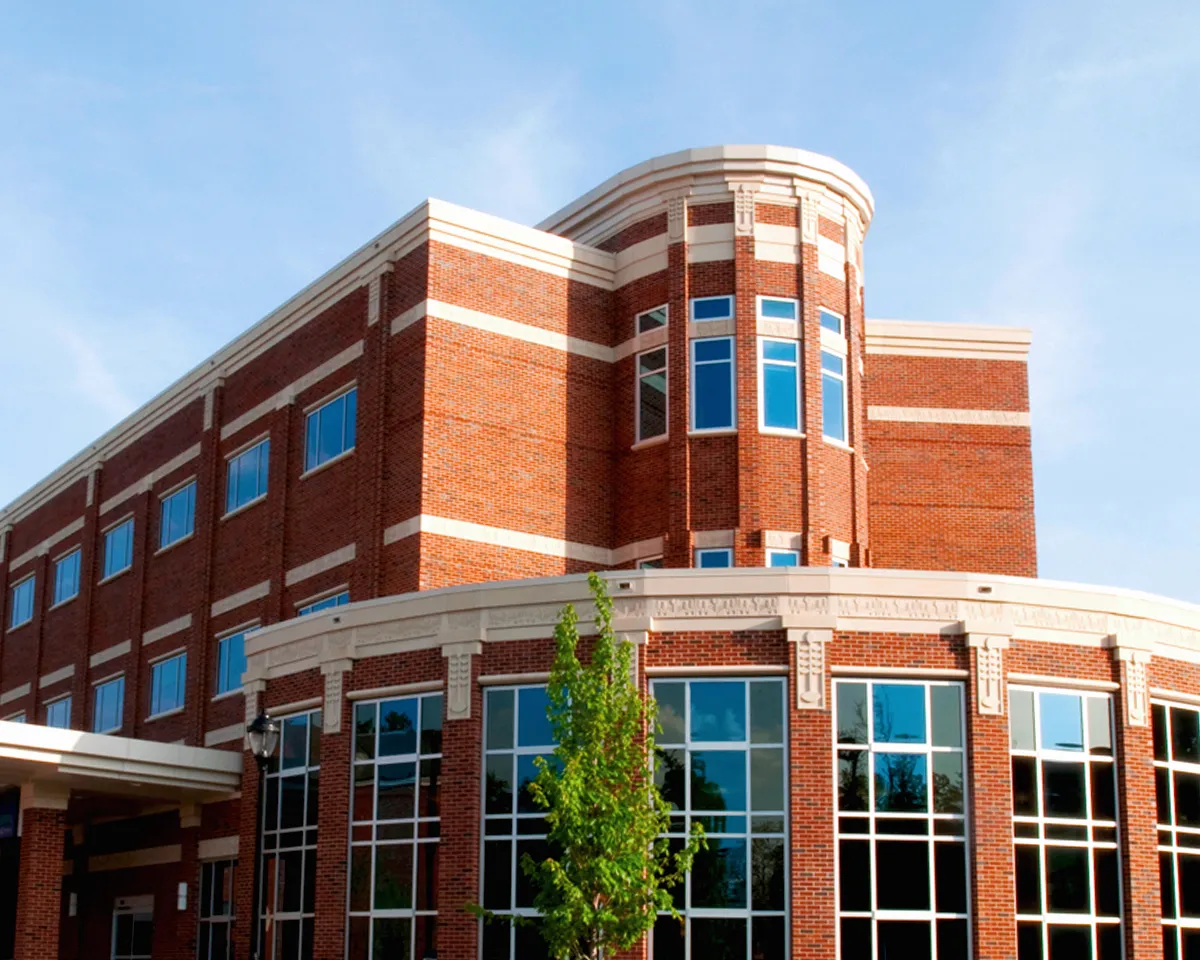 Alton Memorial Hospital
Alton Memorial Hospital Barnes-Jewish Hospital
Barnes-Jewish Hospital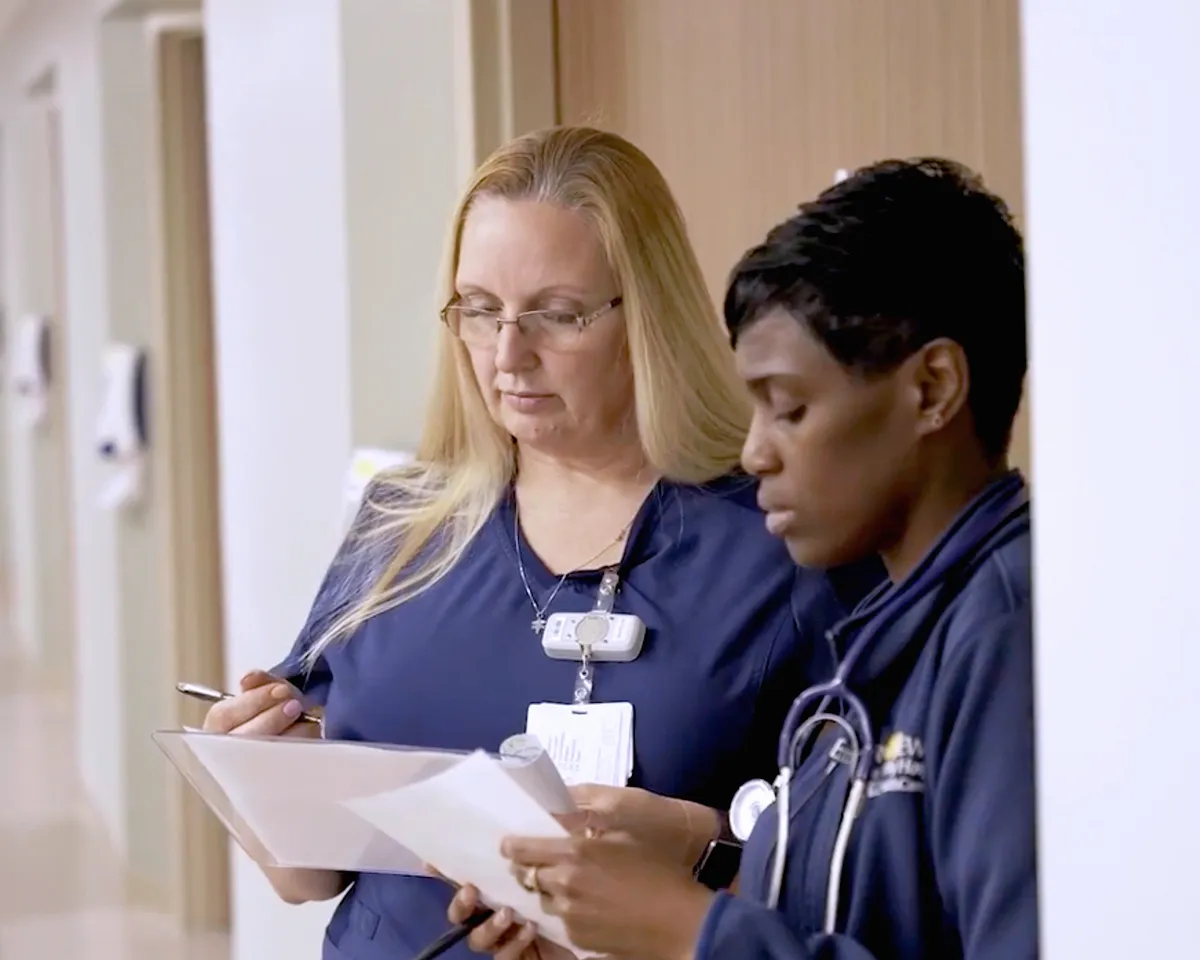 Barnes-Jewish St. Peters Hospital
Barnes-Jewish St. Peters Hospital Barnes-Jewish West County Hospital
Barnes-Jewish West County Hospital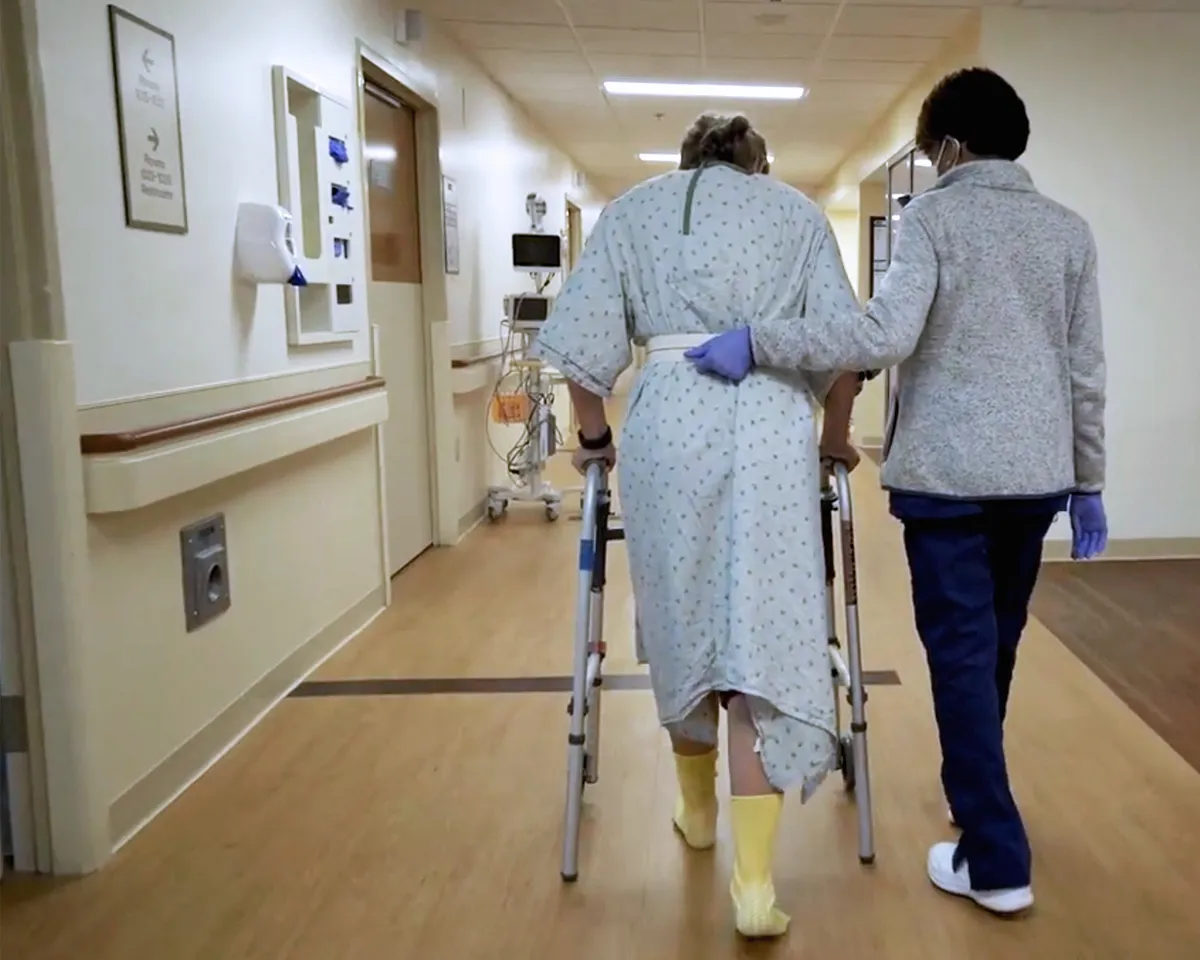 Christian Hospital
Christian Hospital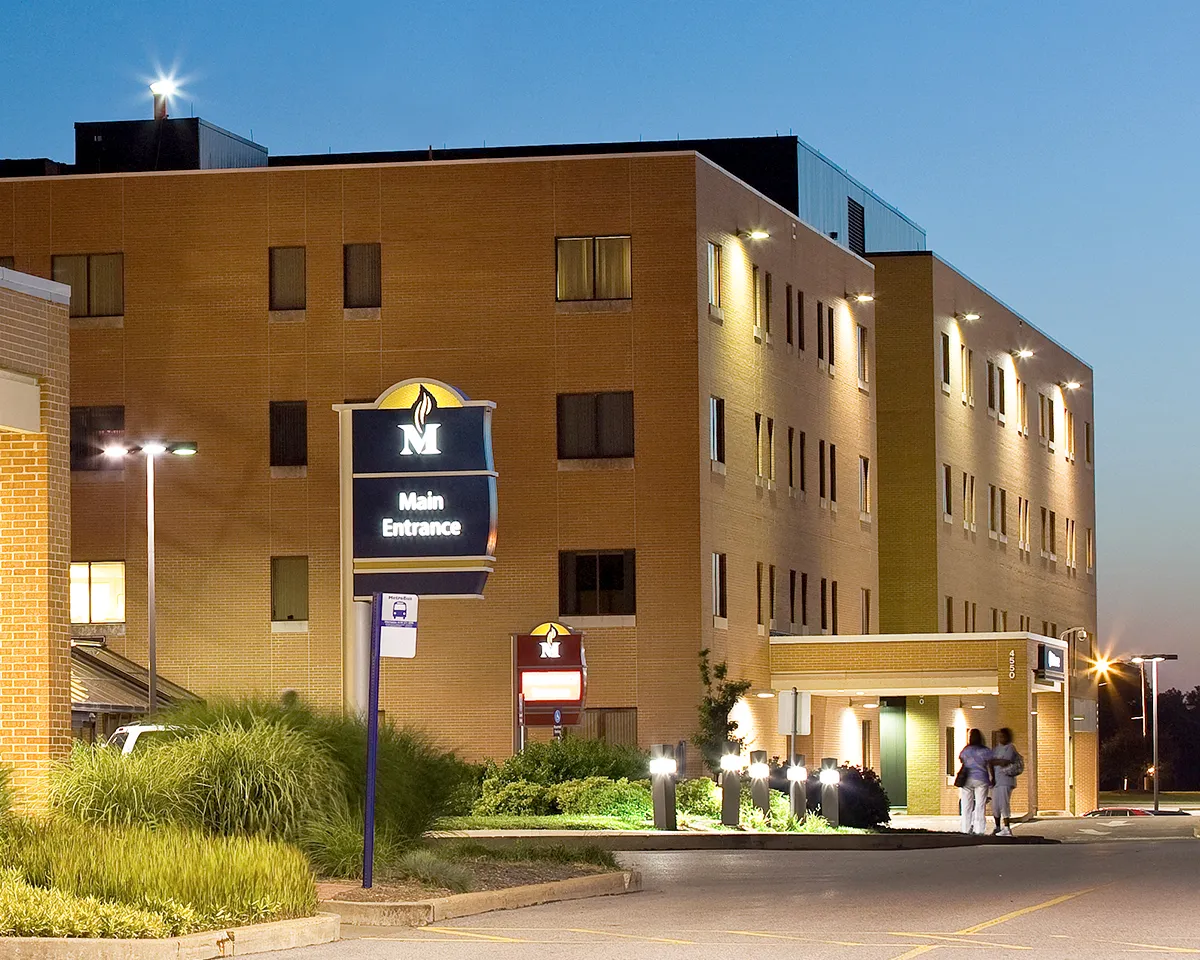 Memorial Hospital Belleville
Memorial Hospital Belleville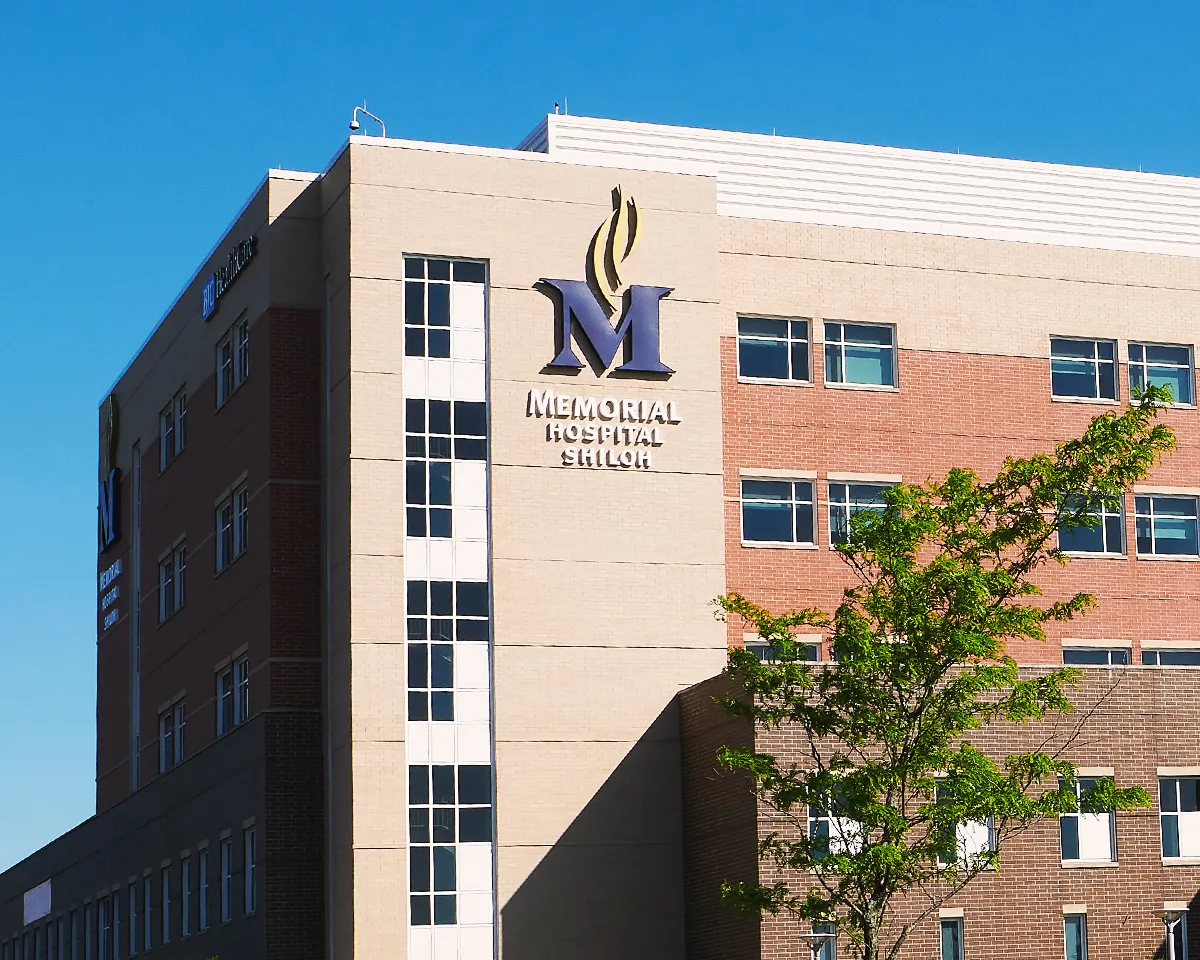 Memorial Hospital Shiloh
Memorial Hospital Shiloh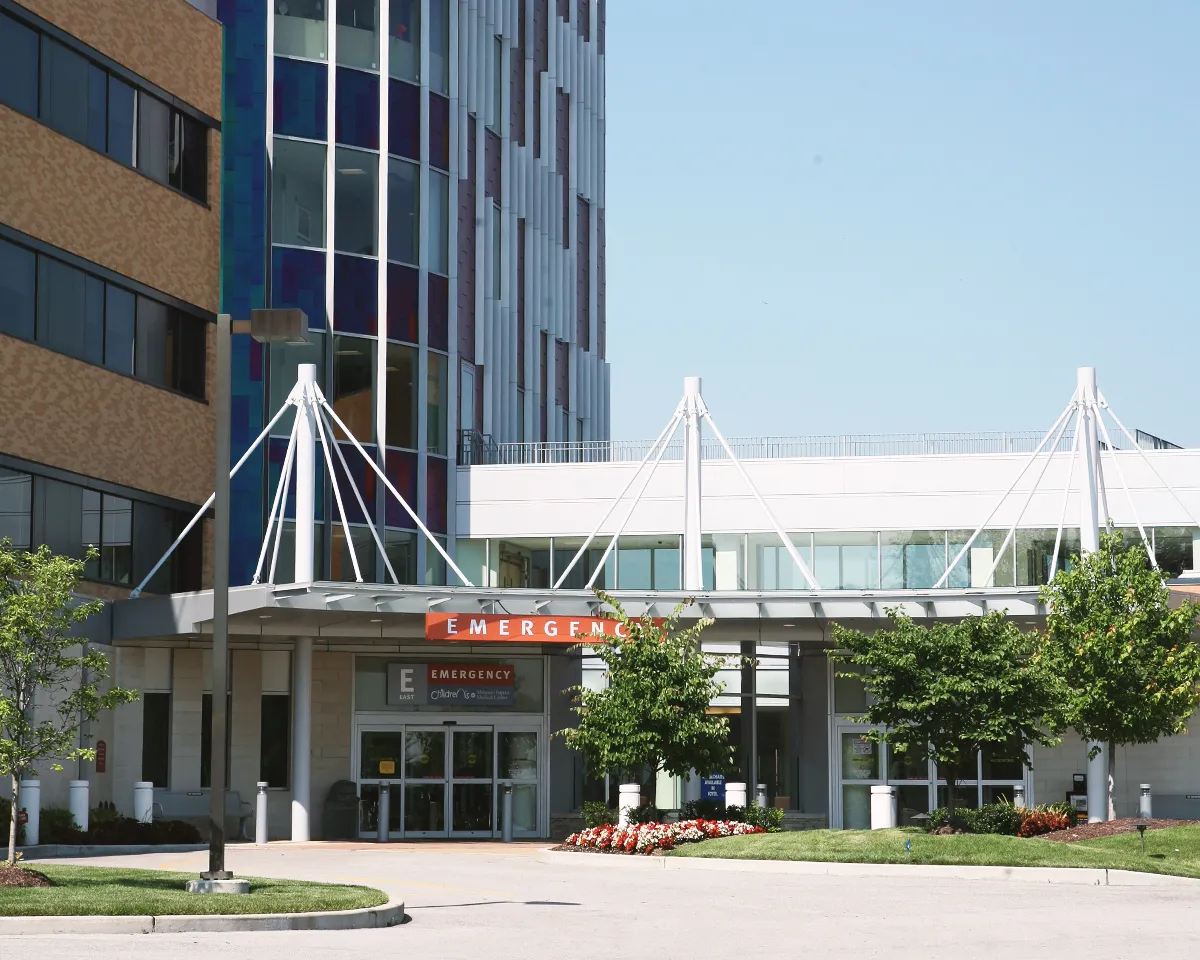 Missouri Baptist Medical Center
Missouri Baptist Medical Center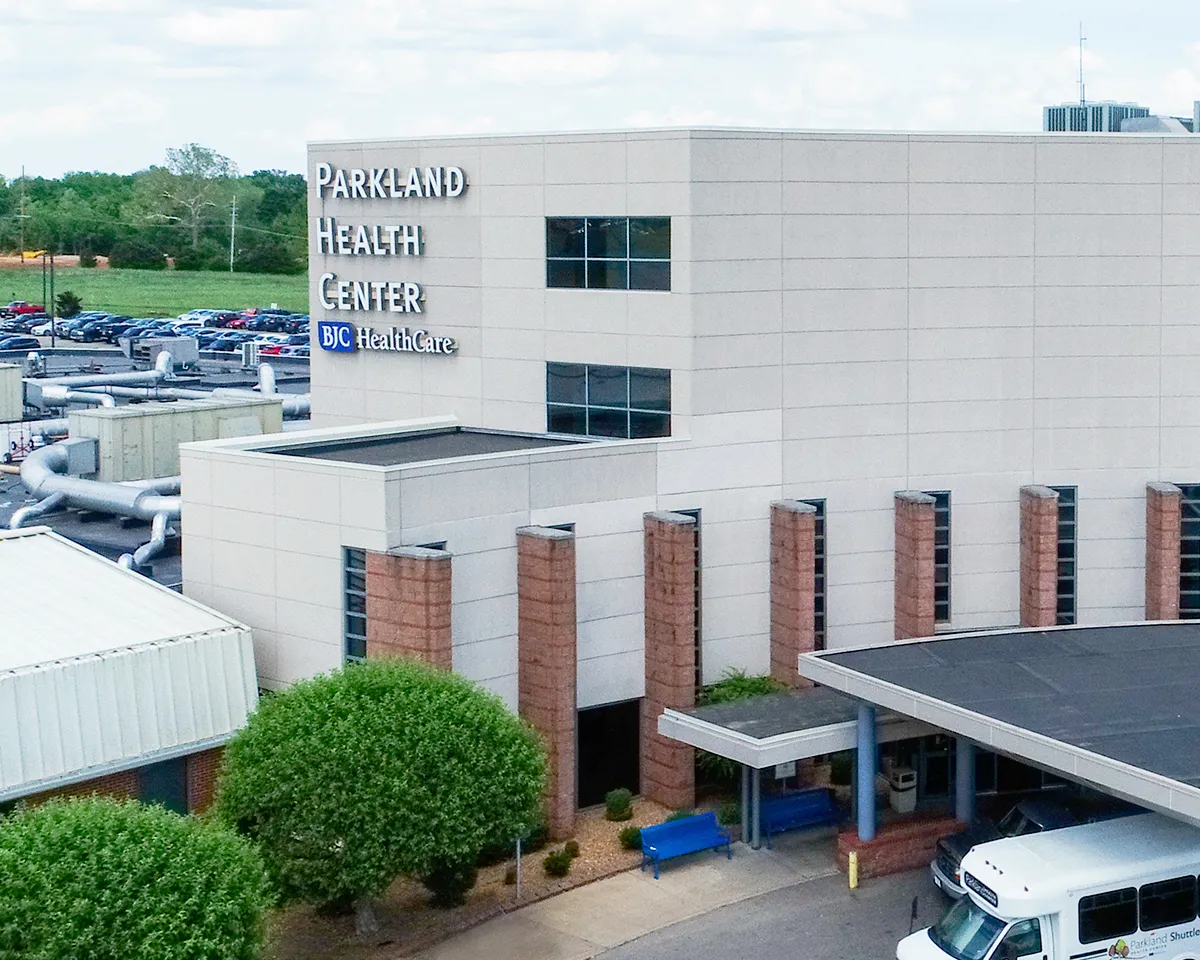 Parkland Health Center
Parkland Health Center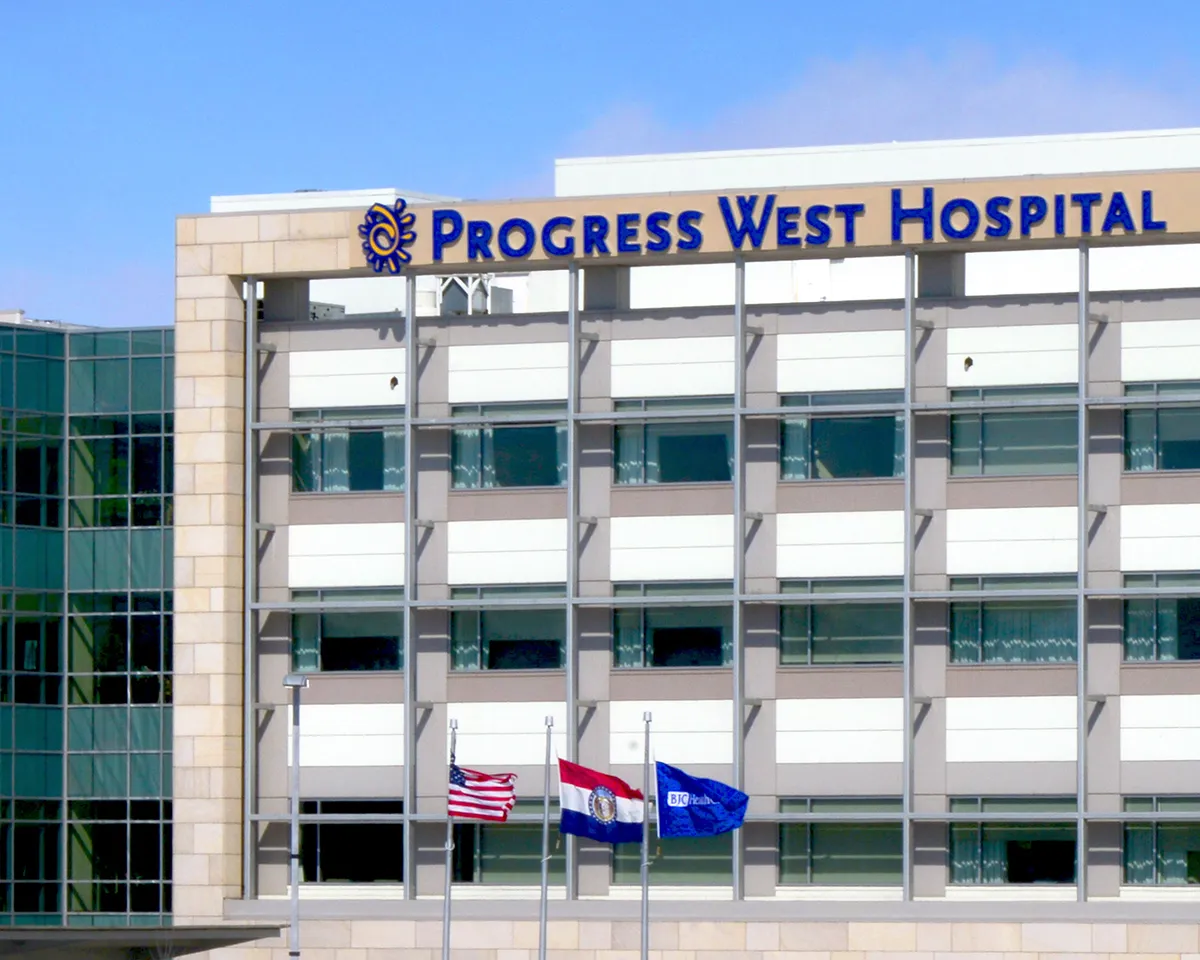 Progress West Hospital
Progress West Hospital
- Resource
Schedule your appointment
Call (314) 362-9355 or (800)-392-0936 to schedule your appointment with a specialist.